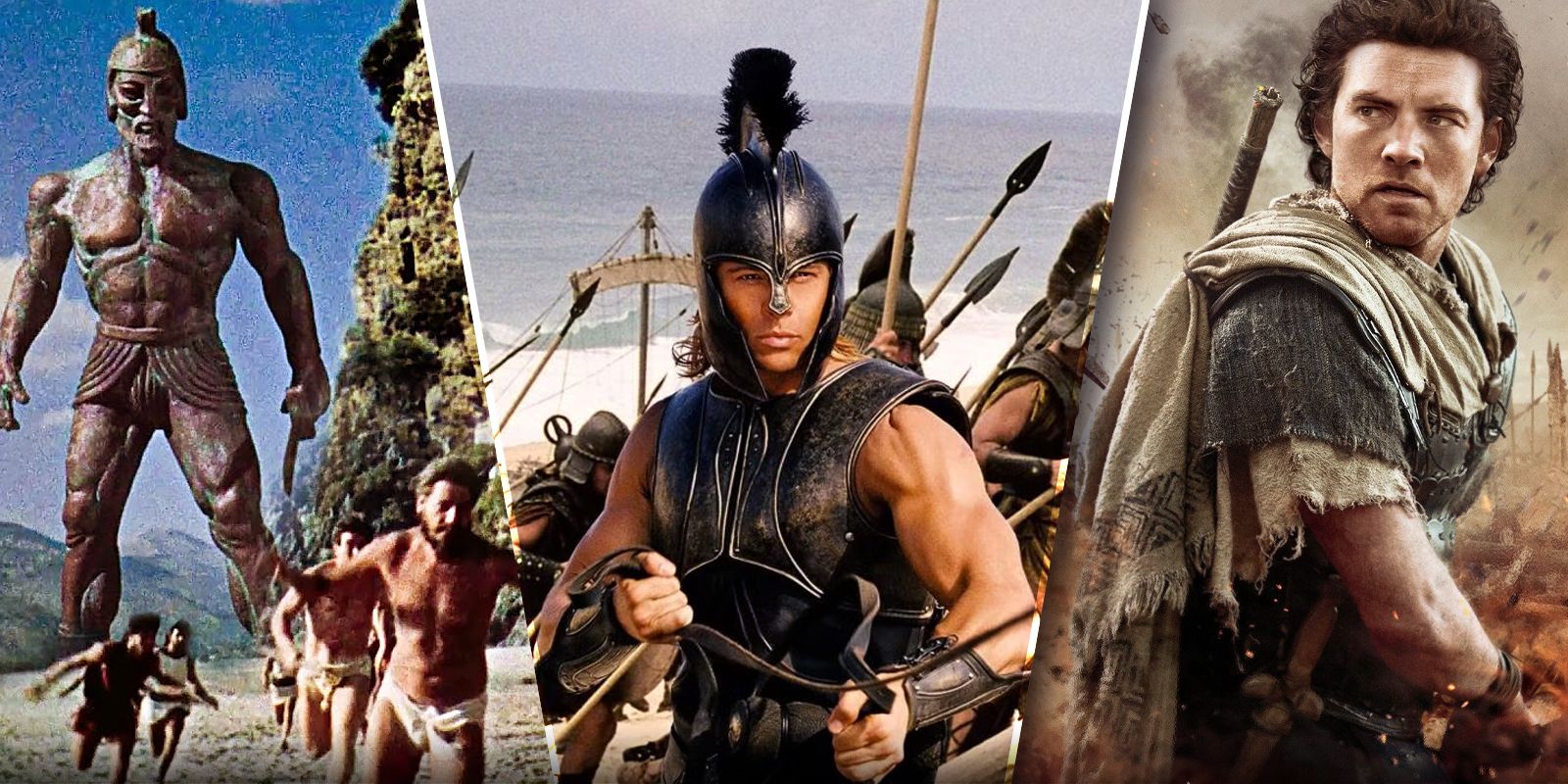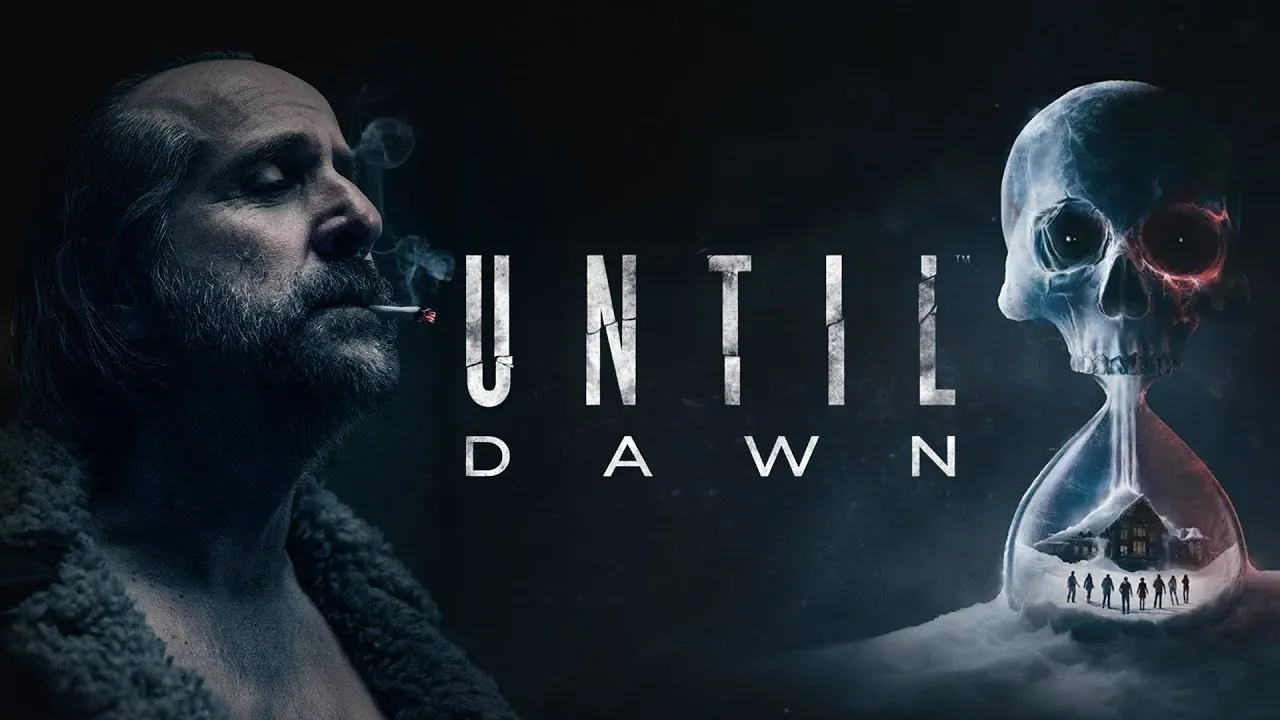The war is over. Now the gods want their price.
Troy: The Odyssey picks up after the smoldering ruins of Troy, reimagining Homer’s ancient epic through a darker, more grounded lens. This imagined film serves as both a spiritual successor to Troy (2004) and a standalone odyssey of survival, fate, and fractured leadership. It follows Odysseus — no longer a clever prince, but a broken war veteran — as he tries to return home through seas cursed by gods, monsters, and his own regrets.
The journey begins with the burning of Troy still fresh in memory. The Greek coalition has fractured. Odysseus (played here by a seasoned, world-weary actor in the vein of Richard Armitage or Oscar Isaac) leads a battered fleet back toward Ithaca. But Poseidon, enraged by Odysseus’s defiance and sacrilege during the sack of Troy, curses his voyage. What should take weeks becomes years — and every stop becomes a nightmare.
This version of The Odyssey leans into myth, but filters it through a grounded lens. The Cyclops is reimagined as a cannibal warlord with a single blinded eye. Circe is less a sorceress and more a cunning exile, using herbs and deception to control those around her. The Lotus-Eaters are portrayed as drugged-out survivors who’ve lost all concept of time — a metaphor for the seductive danger of forgetting pain.
Each chapter of Odysseus’s journey tests a different part of him: his loyalty to his men, his love for Penelope, his control over violence, and his crumbling belief in the gods. The film is not just about distance — it’s about deterioration. His men begin to die. Some betray him. Others simply give up. His mind fractures. His faith is tested. And still, he sails on.

Interwoven are flashbacks to Ithaca: Penelope raising their son alone, fending off suitors, holding the kingdom together with quiet strength. Her storyline is no longer passive — she resists pressure to remarry, builds alliances, and prepares for the day her husband may return — or not.
By the final act, only Odysseus remains. Scarred, silent, and ghostlike, he returns to Ithaca not as a triumphant hero, but as a stranger. The slaughter of the suitors is brutal, quick, and deeply personal — more vengeance than justice. But the reunion with Penelope, quiet and cautious, shows the cost of his survival.
The gods are never fully seen, but their hands are everywhere — in storms, whispers, omens, and madness. Odysseus doesn't defeat them. He endures them.

The Odyssey has been adapted many times, but Troy: The Odyssey reimagines it not as fantasy, but as a war story — of men who survived the battlefield only to be destroyed by what came after. It’s a tale of home, but also of what happens when home is no longer the place you left behind.

-1751523431-q80.webp)

-1751513416-q80.webp)